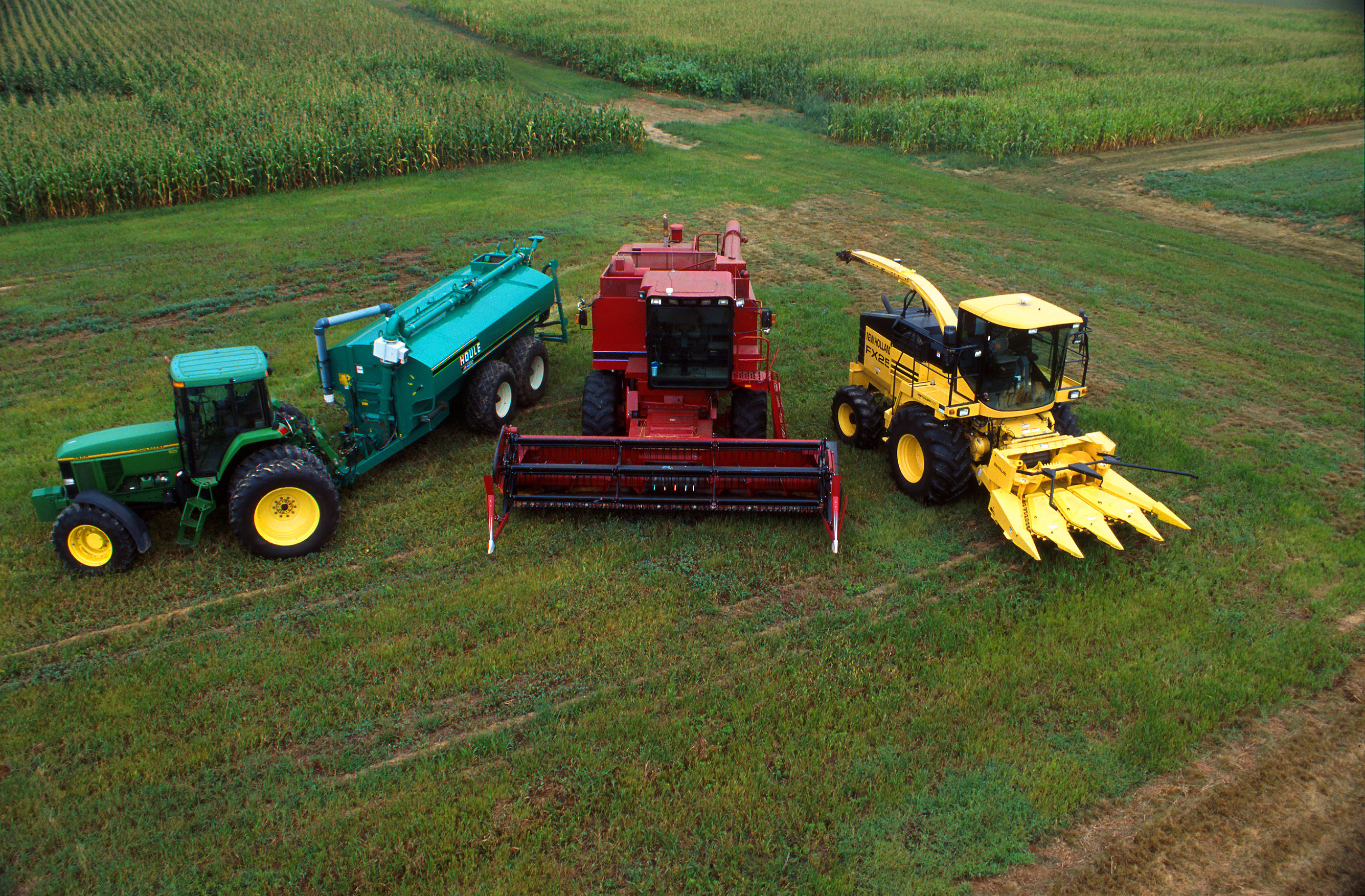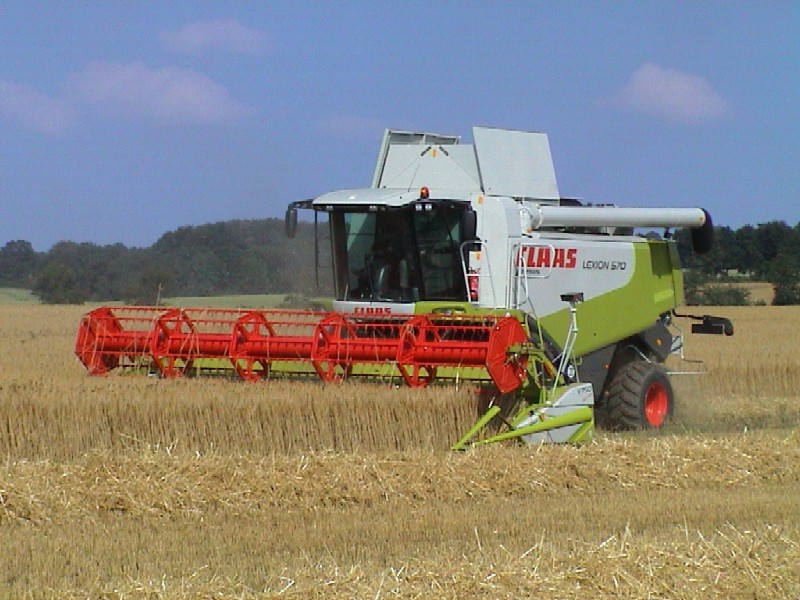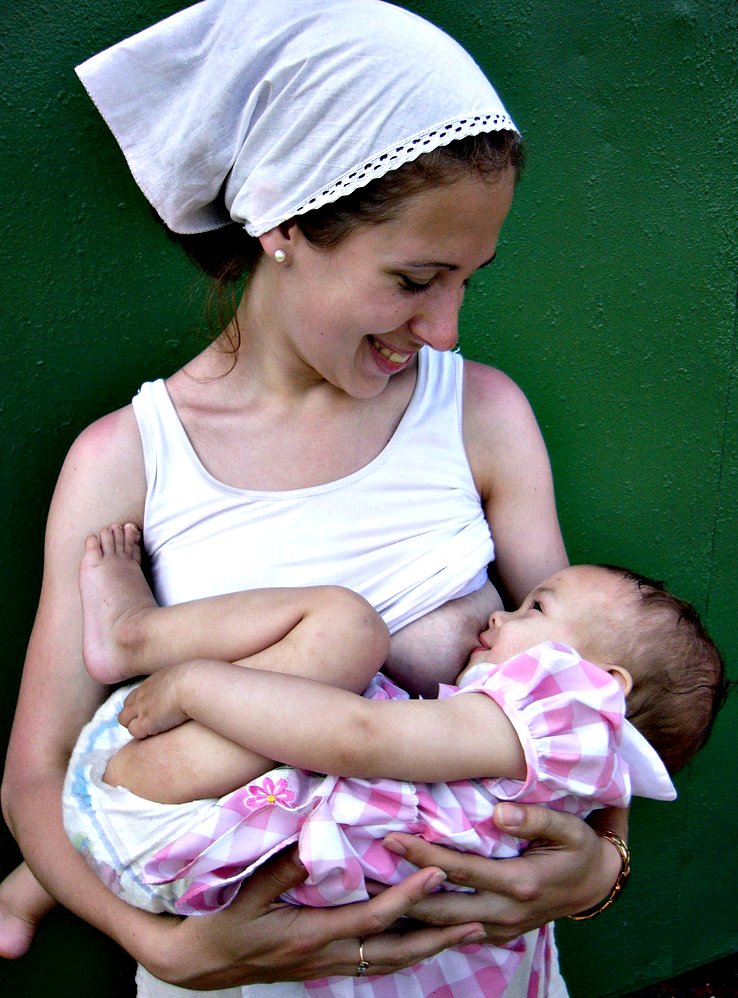|
Agricultural Subsidy
An agricultural subsidy (also called an agricultural incentive) is a government incentive paid to agribusinesses, agricultural organizations and farms to supplement their income, manage the supply of agricultural products, and influence the cost and supply of such commodities. Examples of such commodities include: wheat, feed grains (grain used as fodder, such as maize or corn, sorghum, barley and oats), cotton, milk, rice, peanuts, sugar, tobacco, oilseeds such as soybeans and meat products such as beef, pork, and lamb and mutton. A 2021 study by the UN Food and Agriculture Organization found $540 billion was given to farmers every year between 2013 and 2018 in global subsidies. The study found these subsidies are harmful in a number of ways. In under-developed countries, they encourage consumption of low-nutrition staples, such as rice. Subsidies also encourage deforestation; and they also drive inequality because smallholder farmers (many of whom are women) are excluded ... [...More Info...] [...Related Items...] OR: [Wikipedia] [Google] [Baidu] [Amazon] |
Agricultural Machinery
Agricultural machinery relates to the machine (mechanical), mechanical structures and devices used in farming or other agriculture. There are list of agricultural machinery, many types of such equipment, from hand tools and power tools to tractors and the farm implements that they tow or operate. Machinery is used in both organic farming, organic and nonorganic farming. Especially since the advent of mechanised agriculture, agricultural machinery is an indispensable part of how the world is fed. Agricultural machinery can be regarded as part of wider agricultural automation technologies, which includes the more advanced digital equipment and agricultural robotics. While robots have the potential to automate the three key steps involved in any agricultural operation (diagnosis, decision-making and performing), conventional motorized machinery is used principally to automate only the performing step where diagnosis and decision-making are conducted by humans based on observations an ... [...More Info...] [...Related Items...] OR: [Wikipedia] [Google] [Baidu] [Amazon] |
Milk
Milk is a white liquid food produced by the mammary glands of lactating mammals. It is the primary source of nutrition for young mammals (including breastfeeding, breastfed human infants) before they are able to digestion, digest solid food. Milk contains many nutrients, including calcium and protein, as well as lactose and saturated fat; the enzyme lactase is needed to break down lactose. Immune factors and immune-modulating components in milk contribute to milk immunity. The first milk, which is called colostrum, contains antibody, antibodies and immune-modulating components that milk immunity, strengthen the immune system against many diseases. As an agricultural product, Milking, milk is collected from farm animals, mostly cattle, on a dairy. It is used by humans as a drink and as the base ingredient for dairy products. The US Centers for Disease Control and Prevention, CDC recommends that children over the age of 12 months (the minimum age to stop giving breast milk or Ba ... [...More Info...] [...Related Items...] OR: [Wikipedia] [Google] [Baidu] [Amazon] |
Television New Zealand
Television New Zealand (, "Te Reo Tātaki" meaning "The Leading Voice"), more commonly referred to as TVNZ, is a New Zealand state-owned media company and Crown entity. The company operates a television network, TVNZ+, streaming service, and 1News, news service that is available throughout New Zealand and parts of the Pacific region. All of its currently-operating channels are free-to-air and funded through advertising. TVNZ was established in February 1980 following the merger of the two government-owned television networks, Television One (now TVNZ 1) and South Pacific Television (now TVNZ 2), under a single administration. It was the sole television broadcaster in New Zealand until November 1989 when private channel TV3 (now Three (TV channel), Three) was launched. TVNZ operates playout services from its Auckland studio via Kordia's fibre and microwave network for TVNZ 1, TVNZ 2 and TVNZ Duke, with new media video services via the American-owned Brightcove which is streamed ... [...More Info...] [...Related Items...] OR: [Wikipedia] [Google] [Baidu] [Amazon] |
Environmental Degradation
Environment most often refers to: __NOTOC__ * Natural environment, referring respectively to all living and non-living things occurring naturally and the physical and biological factors along with their chemical interactions that affect an organism or a group of organisms Other physical and cultural environments *Ecology, the branch of ethology that deals with the relations of organisms to one another and to their physical surroundings *Environment (systems), the surroundings of a physical system that may interact with the system by exchanging mass, energy, or other properties. *Built environment, constructed surroundings that provide the settings for human activity, ranging from the large-scale civic surroundings to the personal places *Social environment, the culture that an individual lives in, and the people and institutions with whom they interact *Market environment, business term Arts, entertainment and publishing * Environment (magazine), ''Environment'' (magazine), a p ... [...More Info...] [...Related Items...] OR: [Wikipedia] [Google] [Baidu] [Amazon] |
Overproduction
In economics, overproduction, oversupply, excess of supply, or glut refers to excess of supply over demand of products being offered to the market. This leads to lower prices and/or unsold goods along with the possibility of unemployment. The demand side equivalent is underconsumption; some consider supply and demand two sides to the same coin – excess supply is only relative to a given demand, and insufficient demand is only relative to a given supply – and thus consider overproduction and underconsumption equivalent. In lean thinking, overproduction of goods or goods in process is seen as one of the seven wastes (Japanese term: '' muda'') which do not add value to a product, and is considered "the most serious" of the seven.EKU OnlineThe Seven Wastes of Lean Manufacturing ''Eastern Kentucky University'', accessed 6 March 2023 Overproduction is often attributed to previous overinvestment – creation of excess productive capacity, which must then either lie idle ( ... [...More Info...] [...Related Items...] OR: [Wikipedia] [Google] [Baidu] [Amazon] |
Fourth Labour Government Of New Zealand
The Fourth Labour Government of New Zealand governed New Zealand from 26 July 1984 to 2 November 1990 (the period up to 8 August 1989 is also called the Lange Government). It was the first Labour government to win a second consecutive term since the First Labour Government of 1935 to 1949. The policy agenda of the Fourth Labour Government differed significantly from that of previous Labour governments: it enacted major social reforms (such as legalising homosexual relations) and economic reforms (including corporatisation of state services and reform of the tax system). The economic reforms became known as " Rogernomics", after Finance Minister Roger Douglas. According to one political scientist: The Labour government also enacted nuclear-free legislation, which led to the United States suspending its treaty obligations to New Zealand under the ANZUS alliance. David Lange led the government for most of its two three-year terms in office. Lange and Douglas had a fallin ... [...More Info...] [...Related Items...] OR: [Wikipedia] [Google] [Baidu] [Amazon] |
Cato Institute
The Cato Institute is an American libertarian think tank headquartered in Washington, D.C. It was founded in 1977 by Ed Crane, Murray Rothbard, and Charles Koch, chairman of the board and chief executive officer of Koch Industries.Koch Industries is the second largest privately held company by revenue in the United States. Cato was established to focus on public advocacy, media exposure, and societal influence. Cato advocates for a limited governmental role in domestic and foreign affairs and strong protection of civil liberties, including support for lowering or abolishing most taxes, opposition to the Federal Reserve system and the Affordable Care Act, the privatization of numerous government agencies and programs including Social Security and the United States Postal Service, demilitarization of the police, open borders and adhering to a non-interventionist foreign policy. According to the 2019 Global ''Go to Think Tank Index Report'' (revised June 2020, Thin ... [...More Info...] [...Related Items...] OR: [Wikipedia] [Google] [Baidu] [Amazon] |
Fertilizer Subsidies In Sub Saharan Africa
Opinions about the role of fertilizer subsidies in spurring agricultural development in Sub-Saharan Africa have fluctuated significantly over the past five decades. Many experts believe that fertilizer subsidies represent an essential method for achieving long term food security in Sub-Saharan Africa, while providing social support to Africa's poorest subsistence farmers. Yet previous universal subsidy schemes enjoyed only moderate success, raising concerns about whether the market distortions subsidies introduce can ever lead to a sustainable agricultural system. New practices in creating more targeted subsidies may be the key to achieving durable success. Rationale Despite the potential benefits to crop yields, inorganic fertilizer application in Sub-Saharan Africa lags behind other developing regions. Average application in Sub-Saharan Africa is less than 10 kg per hectare, while the average application in Latin America and South Asia is nearly 140 kg per hectare. Sub- ... [...More Info...] [...Related Items...] OR: [Wikipedia] [Google] [Baidu] [Amazon] |
Overseas Development Institute
ODI Global (formerly Overseas Development Institute) is a global affairs think tank, founded in 1960. Its mission is "to inspire people to act on injustice and inequality through collaborative research and ideas that matter for people and the planet." It does this through "research, convening and influencing, to lead new thinking and future agendas to deliver transformational change." Its chair is Suma Chakrabarti. History In 1960 ODI began in small premises in Regent's Park of Central London. At the time, ODI operated a library devoted to international development issues and also performed consultancy work and contracts with the Department for International Development of the UK government. Since then, the organization has moved several times and is headquartered on Blackfriars Road. In 2007 the ODI was named 'Think Tank of the Year' by ''Public Affairs News'' magazine. It was named 'Think-tank to Watch' in the '' Prospect'' 'Think-tank of the Year' awards in 2005 and is c ... [...More Info...] [...Related Items...] OR: [Wikipedia] [Google] [Baidu] [Amazon] |
Single Farm Payment
The Single Farm Payment is an agricultural subsidy paid to farmers in the EU. History Historically, the EU's Common Agricultural Policy (CAP) emphasised direct subsidies for agricultural produce. To reduce price distortion, the connection between payments and specific crops was removed; instead, a "Single Farm Payment", which subsidised farmers on a per-hectare basis, was introduced in June 2003; although farmers may now attempt to claim subsidies for more land than they actually have. This "decoupling" of subsidies means they are accepted in the "Blue box" category of subsidies in the WTO Agreement on Agriculture negotiated at the Uruguay Round, in line with international agreements to reduce market-distorting subsidies and price controls. Payments to farmers National governments within the EU make their own arrangements for implementation and for paying subsidies to farmers. When the UK was a part of the EU, this was done by the Rural Payments Agency, an executive agency of ... [...More Info...] [...Related Items...] OR: [Wikipedia] [Google] [Baidu] [Amazon] |
Agriculture And Agri-Food Canada
Agriculture and Agri-Food Canada (AAFC; sometimes Ag-Canada; )''Agriculture and Agri-Food Canada'' is the applied title under the Federal Identity Program; the legal title is Department of Agriculture and Agri-Food (). is the Structure of the Canadian federal government, department of the Government of Canada responsible for the federal regulation of agriculture, including policies governing the production, processing, and marketing of all farm, food, and agri-based products. Agriculture in Canada is a shared jurisdiction and the department works with the Provinces and territories of Canada, provinces and territories in the development and delivery of policies and programs. The Minister of Agriculture (Canada), minister of agriculture and agri-food (currently Kody Blois) is Responsible government, responsible for the department to Parliament of Canada, Parliament. While the minister is head of the department, and provides policy/political direction, the day-to-day operations of th ... [...More Info...] [...Related Items...] OR: [Wikipedia] [Google] [Baidu] [Amazon] |
Meat Atlas 2014 Subsidies Animal Products
Meat is animal tissue, often muscle, that is eaten as food. Humans have hunted and farmed other animals for meat since prehistory. The Neolithic Revolution allowed the domestication of vertebrates, including chickens, sheep, goats, pigs, horses, and cattle, starting around 11,000 years ago. Since then, selective breeding has enabled farmers to produce meat with the qualities desired by producers and consumers. Meat is mainly composed of water, protein, and fat. Its quality is affected by many factors, including the genetics, health, and nutritional status of the animal involved. Without preservation, bacteria and fungi decompose and spoil unprocessed meat within hours or days. Meat is edible raw, but it is mostly eaten cooked, such as by stewing or roasting, or processed, such as by smoking or salting. The consumption of meat (especially red and processed meat, as opposed to fish and poultry) increases the risk of certain negative health outcomes including cancer, cor ... [...More Info...] [...Related Items...] OR: [Wikipedia] [Google] [Baidu] [Amazon] |






